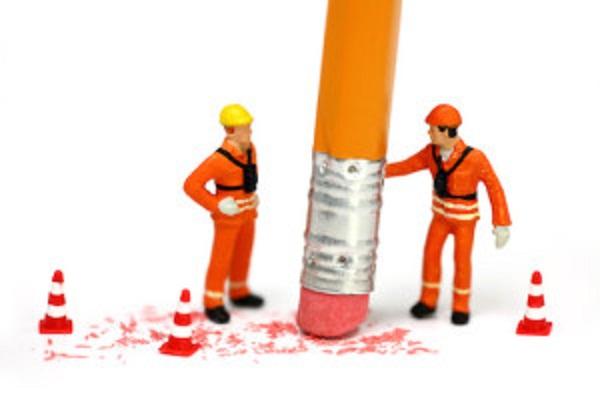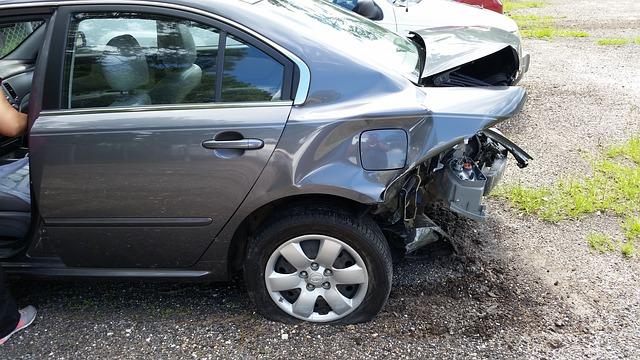Colorado Personal Injury Blog
The latest legal news, resources and updates for Greater Colorado

- McDivitt Law Firm |
- November 6, 2025 19:29:03

- McDivitt Law Firm |
- November 6, 2025 18:01:11

- McDivitt Law Firm |
- September 23, 2025 14:43:39

- McDivitt Law Firm |
- September 11, 2025 11:26:10

- McDivitt Law Firm |
- September 10, 2025 11:39:47

- McDivitt Law Firm |
- September 10, 2025 10:59:42

- McDivitt Law Firm |
- August 25, 2025 14:32:45

- McDivitt Law Firm |
- August 25, 2025 14:31:53

- McDivitt Law Firm |
- August 6, 2025 12:22:55

- McDivitt Law Firm |
- July 31, 2025 15:09:59

- McDivitt Law Firm |
- July 31, 2025 15:08:17

- McDivitt Law Firm |
- July 16, 2025 15:28:00
